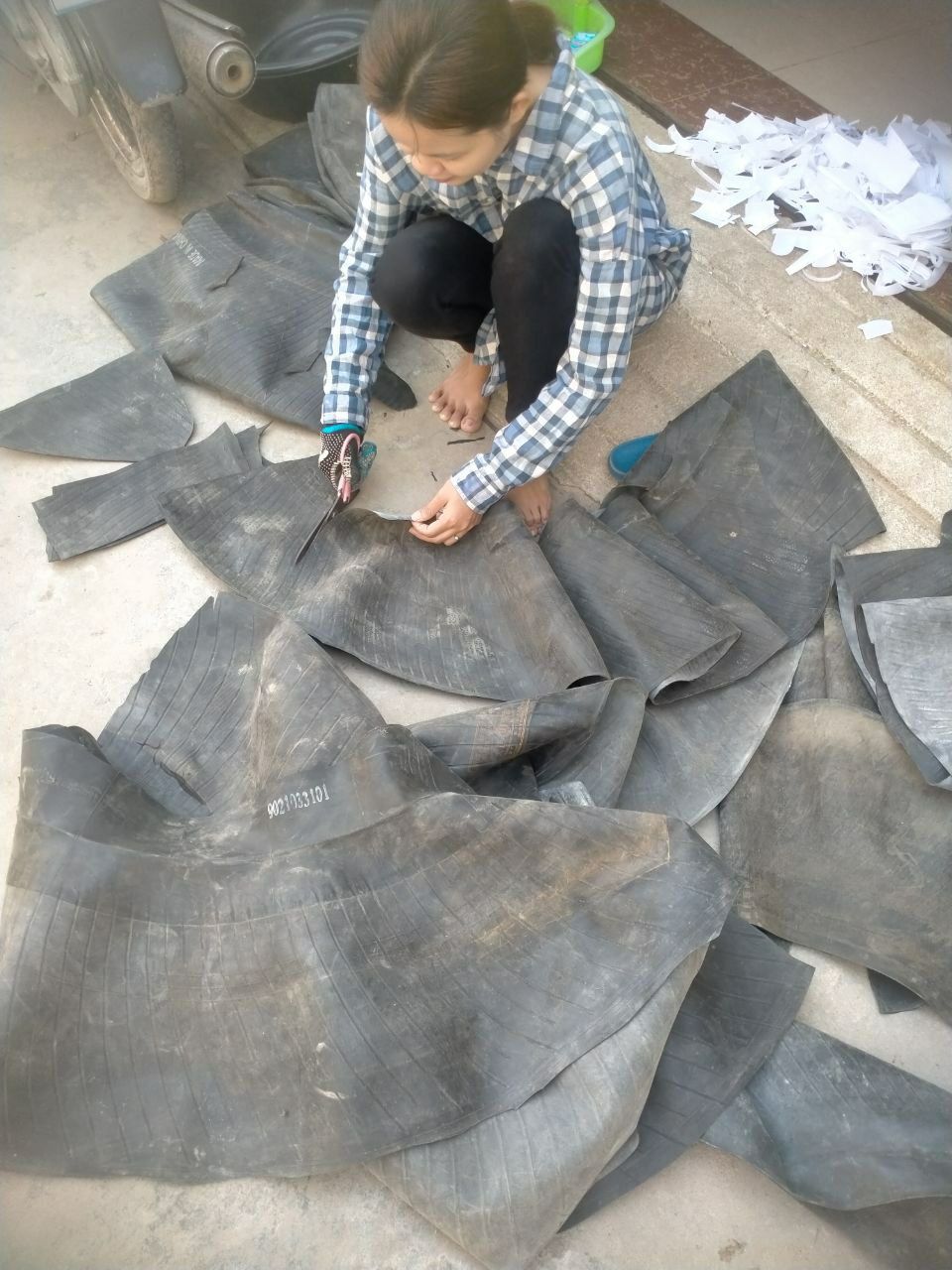From 24th July it will be mandatory to wear a mask when entering a shop in England. Wearing a mask is also mandatory when using public transports, including Uber.
In Scotland it is already compulsory to wear a face mask on public transports and shops and in Wales, face coverings will be mandatory on public transport from 27 July.
The Welsh Government is also advising people to wear masks in crowded places where social distancing is not possible. Face coverings are also compulsory on public transport in Northern Ireland and The Republic of Ireland.
It seems that after all the initial confusion everybody now agrees that wearing a mask helps reducing the spread of the virus. As reported on The Independent, Professor Trish Greenhalgh, of Primary Care Health Sciences at the University of Oxford, said: “My mask protects you; yours protects me".
Sir Venki Ramakrishnan, president of the UK's national science academy, said everyone should carry a face covering when out and about. "Not wearing a face covering should be regarded as 'anti-social' in the same way as drink driving or failing to wear a seatbelt," he said.
Nevertheless, it remains paramount that the general public do not wear surgical face masks as they should be reserved for NHS staff and frontline workers only. Also, it is important to remember that wearing a face mask is not intended to replace other recommended measures to stop the spread of COVID-19, such as social distancing, washing your hands and refraining from touching your face.
The Environmental Cost of Disposable Masks
Many shops and businesses are offering disposable masks when customers don’t have their own but the potential damage of every single person in the UK using these masks is huge.
Conservationists have warned that this pandemic could spark a surge in ocean pollution– after finding disposable masks floating like jellyfish and waterlogged rubber gloves scattered across sea beds.
If every person in the UK used one single-use face mask each day for a year, it would create 66,000 tonnes of contaminated plastic waste, the report warns, and ten times more climate change impact than using reusable masks.
It’s great to know that we don’t really need to add up more plastic that cannot be disposed. So which options do we have?
More Environmentally Friendly Solutions
- Make your own mask
If you want to give it a try and make a face covering on your own, there are many tutorial on Youtube and a practical guide also on the government website , but if you’re not confident in your creative abilities, there is a wide choice of face covering that are ethically made or fair trade.
- Buy Reusable Face Coverings
Here’s a small list of places to start from ( other than us ![]() )
)
- Fair and Fabulous
- The Just Shop
- All’s Fair
- Karakorum
- Just Trade UK
- Where does it Come From
And a few local shops if you’re around the area:
- Fairtrade St Michaels (Oxford)
- Dan’s Refill Store (Chalfont St. Peter)
- Siesta Crafts (Canterbury)
- RISC - Reading International Solidarity Centre (Reading)
- Gifted (Thaxted)
Aside from the health and environmental benefits of choosing a reusable mask, purchasing an ethically made face cover can help support small businesses staying afloat during one of the worst crisis we ever faced.
Practical Tips

4 ways to keep glasses from fogging when wearing a mask
-
Put your glasses over your mask, rather than underneath
-
Get an anti-fogging spray
- Use a nose bridge. You can get self-adhesive aluminum strips online and attach it to your mask
- Try washing your glasses with soap and water, then letting them air dry. The soap will leave behind a film that prevents glasses from fogging, although it’s best to avoid soaps that are made with lotion.



